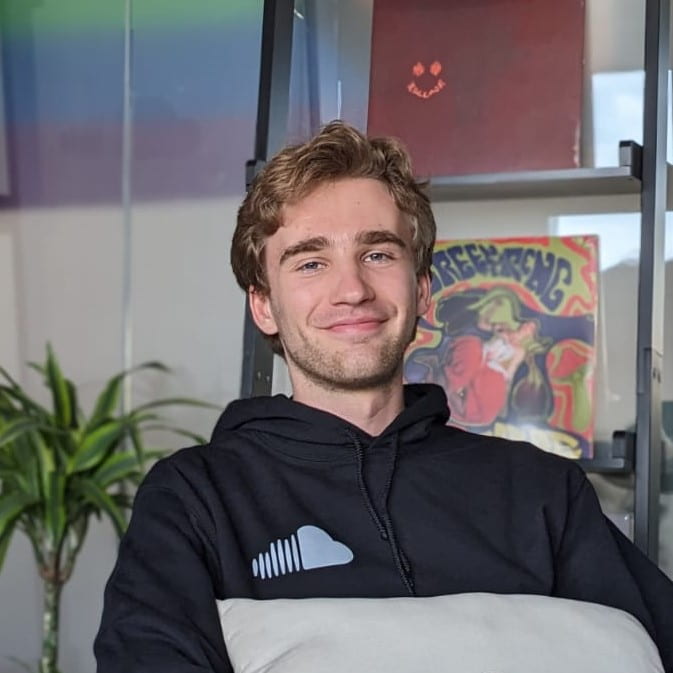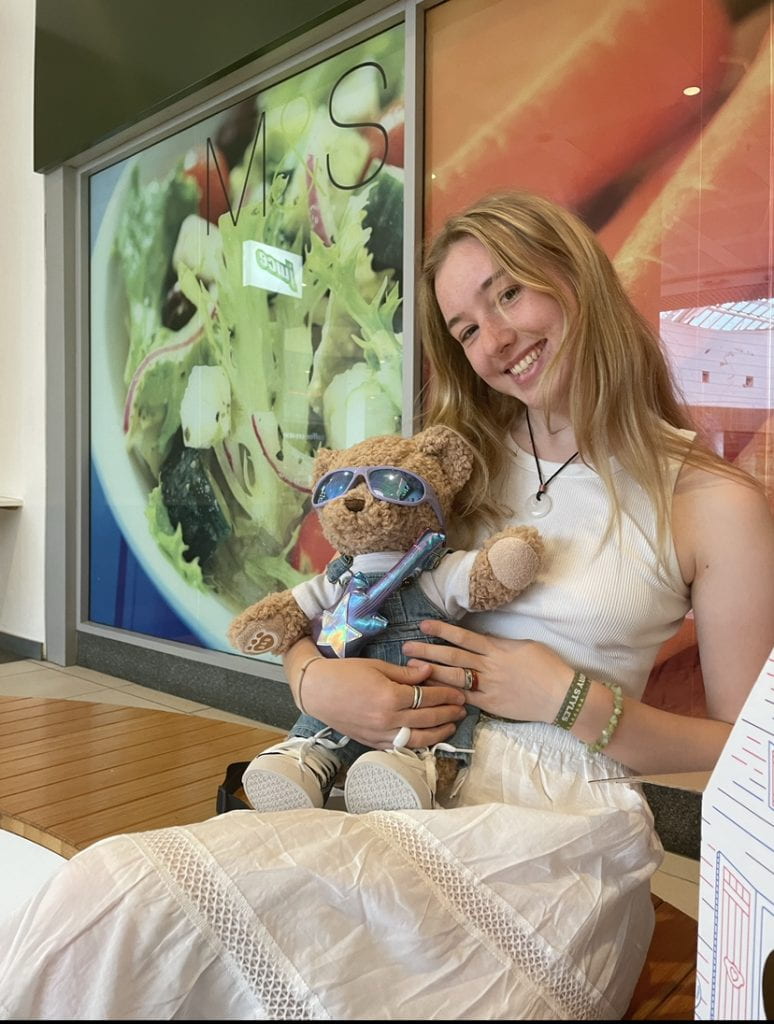
Why nominate yourself for the Outstanding PLUS Awards? – from past winners and honourable mentions

Helping you get to where you want to be when you graduate

We caught up with Elena (Politics and Sociology BSc), one of two Bristol Mentors Student Associates about her experiences as a mentee on the programme.
(more…)They shared their insights into the range of support available for students and graduates:

Reasonable adjustments within the workplace maximise inclusivity, accessibility, and support for employees.
Applicants are encouraged to disclose requests or requirements whenever is most comfortable for them.

It’s an opportunity to reflect on the progress that has been made for LGBTQ+ rights, whilst also recognising the barriers that still exist and the importance of continuing to fight for equality.
We caught up with Lola Karpf, an Anthropology (MA) student who is currently completing the Bristol PLUS Award, to find out about the work she’s done to champion LGBTQ+ friendly spaces.
(more…)Between working at a local record label alongside his studies, conducting student orchestras and scoring soundtracks for media projects, (including two feature films and a short film), being mentored by the Head of Marketing at Sony Music’s Columbia Records and interning at SoundCloud, David (pictured right) has been busy in the past 4 years!
Drawing on his experience with soundtracks, tech, and client management, David is pursuing a music career in creative sync and marketing while working to improve industry transparency, education, and inclusivity, especially for the LGBTQIA+ community.
We caught up with David about how his extracurricular activities throughout his degree helped him get to where he is:

Organised in partnership with the Transform Society, the annual SPAIS Hackathon brings together students, academics, and the local community to research a big issue facing our community. This year, the challenge focused on food security and how to involve Bristol students in solutions.
Across the two-day event, students worked in small teams to research the issue, create a project outline, and present their project to a team of industry experts. The event also included talks from the Transform Society’s CEO James Darley about the public sector and working in public service; as well as the Careers Service, on how students could use their experience at the Hackathon in future job applications and interviews.

 In October 2023, we ran a ‘How to get into Financial Management’ careers panel event about roles within the industry and top tips for applying for opportunities in this area.
In October 2023, we ran a ‘How to get into Financial Management’ careers panel event about roles within the industry and top tips for applying for opportunities in this area.
Our panellists:
Committing to the Bristol PLUS Award pushed me out of my comfort zone and exposed me to lots of different experiences.
It helped me to narrow down possible career avenues and even led to a part-time job.

Finding lab internships for the first time can be confusing, you may be unsure how to start and feel a little overwhelmed. We’ve taken the opportunity to break this down and share some insights from Carol Huang, a UoB MSci Plant Science student, who has successfully gained opportunities within the UK and Europe.